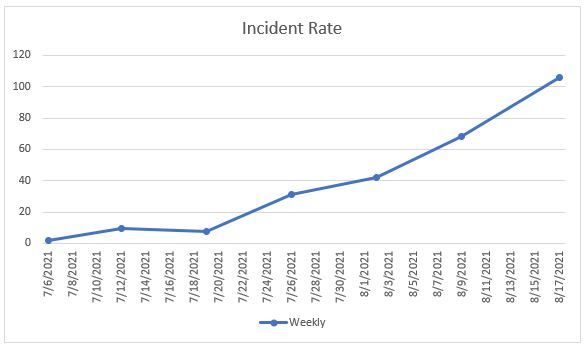Have you ever had two conflicting feelings happen at the same time? Ever felt both happy and sad? Or angry yet compassionate? If so, you've experienced something that amounts to a ten-dollar word psychologists call cognitive dissonance. Such confusion filled my being the other day while attending a Georgetown City Council meeting where the public weighed in on the proposed sexual orientation and gender identity (SOGI) nondiscrimination ordinance.
I heard crushing stories of gays being bullied in the workplace, attacked because of their sexual orientation and denied housing. I take those testimonies at face value and won't argue with their veracity. Undisputedly, the pathos was real from the 25 that testified in favor of the proposal that would elevate sexual orientation and gender identity to a civil right on par with race, ethnicity, religion and gender—all currently protected by federal law.
I also heard concerns about the potential for an ordinance to be used to undermine religious freedom, especially for business owners whose religious convictions would prohibit them from providing a good or service for an event they don't agree with. Local pastor Rick Hardison agreed that there might be some difficulty for someone in the LGBT community to find a baker or graphic designer to accommodate their wedding. But he asked, "Which is worse? For one in the LGBT community to face difficulty finding goods or service or for the person who faces losing their home?"
It's not theoretical. We're all aware of the high profile cases of bakers and florists who've declined to provide their services to gay weddings. SOGI nondiscrimination ordinances have been used to crush mom and pop bakers Aaron and Melissa Klein with six-figure fines and put grandmother Barronelle Stutzman before her state Supreme Court for operating her business according to her religious tenets. These cases were brought to the attention of the city council, but not everyone was willing to listen.
After three hours of public comments on this single issue, Mayor Prather called for a five minute recess. I found myself in the hallway talking to a friend when a woman interjected herself in my conversation and verbally accosted me. She told me a sad story about her nephew who ended up committing suicide and accused me of contributing to it. As blindsided as I was, I felt sorry for her anguish. On the other hand, I was angry to be accused by a person whom I never met for contributing to a tragedy I could not have been responsible for. For what? Simply having a view different than hers? Cognitive dissonance.
A law enforcement officer and mayor had to step in and move her away. I didn't have a chance to thank them but am appreciative that they interceded. I had three hours to process what happened that evening and my backside was grateful to be sitting since I was standing for two and a half hours of the meeting. Where does one begin to unpack such an emotion-laden meeting peppered with assumptions, stereotypes and conjecture? How am I supposed to have unfettered compassion for someone who verbally assaults me and unfairly blames me for causing their pain?
Regarding the unpleasant berating by the woman, my preference would have been to have a conversation with her. I'd like to have heard her story and the story of her loved one. I'd have liked to get to know her. I'm sure that if she got to know me, she'd soon realize that I meant nobody any harm. We just happen to disagree on an issue. Is there room for dialogue anymore?
What has been lost in this messy and highly controversial issue is that disagreement shouldn't amount to demonization. And too many people on both sides of the debate were demonized. It was very sad really. It's going to take me more time to process but I'm glad I have the space and freedom to do so, at least for now.
Richard Nelson is the Executive Director of the Commonwealth Policy Center, a nonprofit public policy group. He resides in Cadiz with his wife and children.





